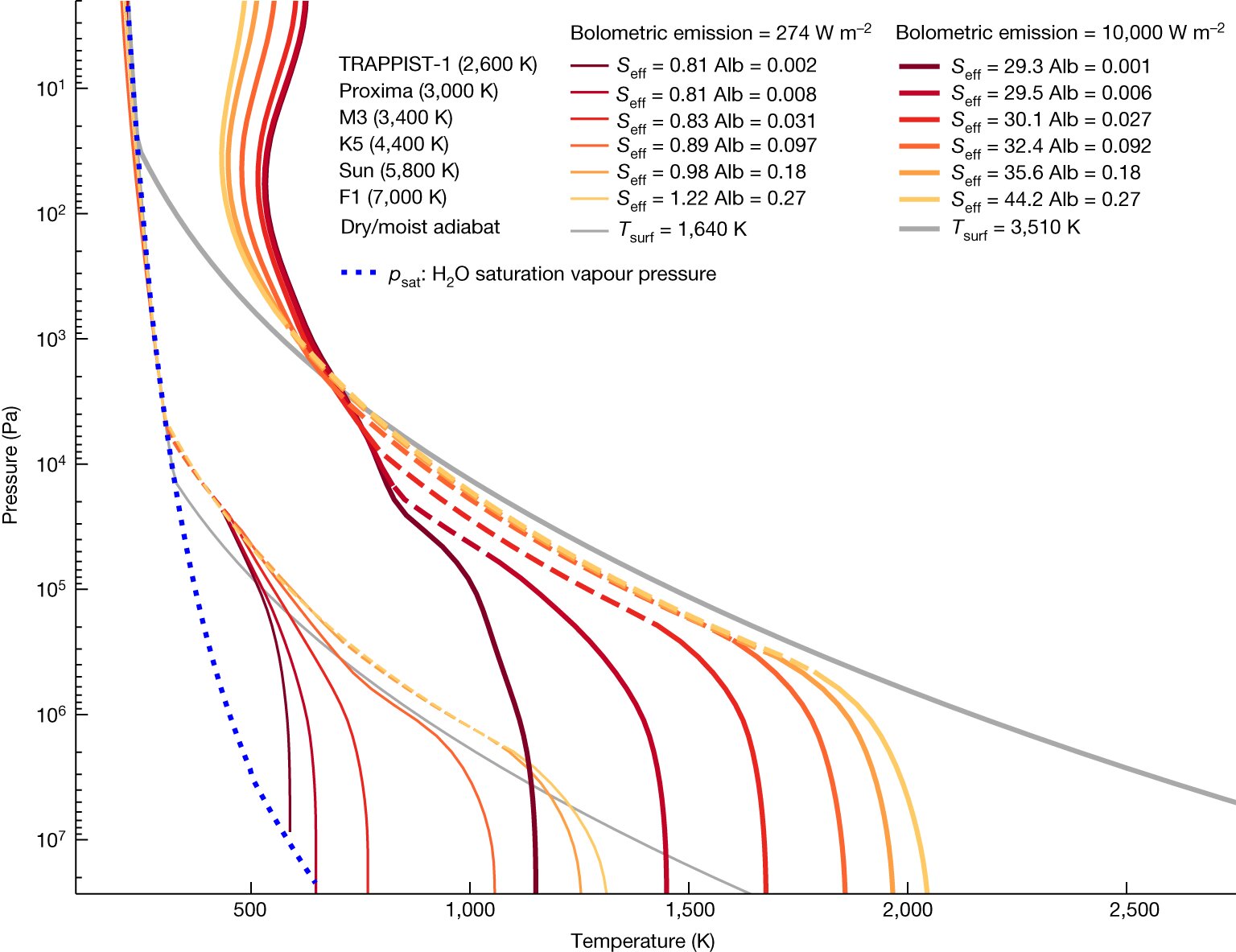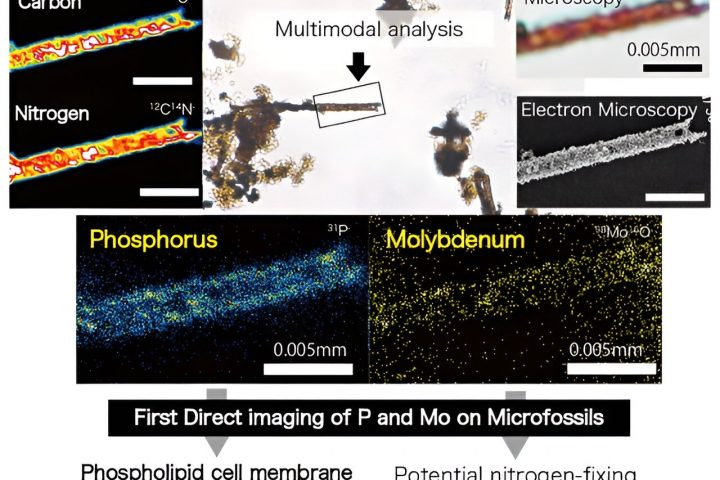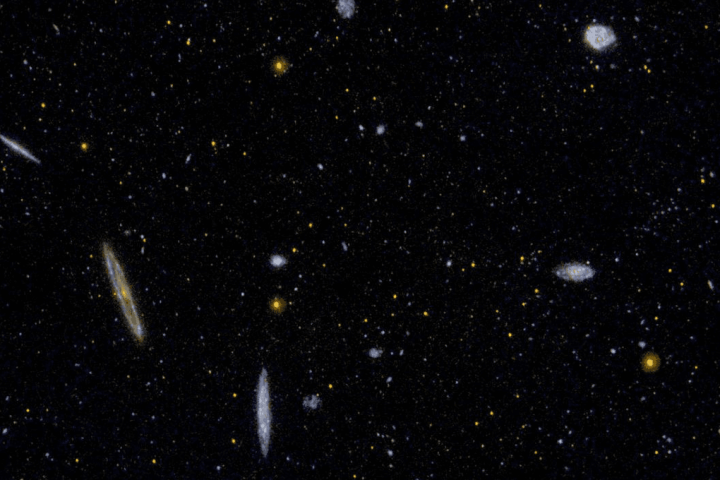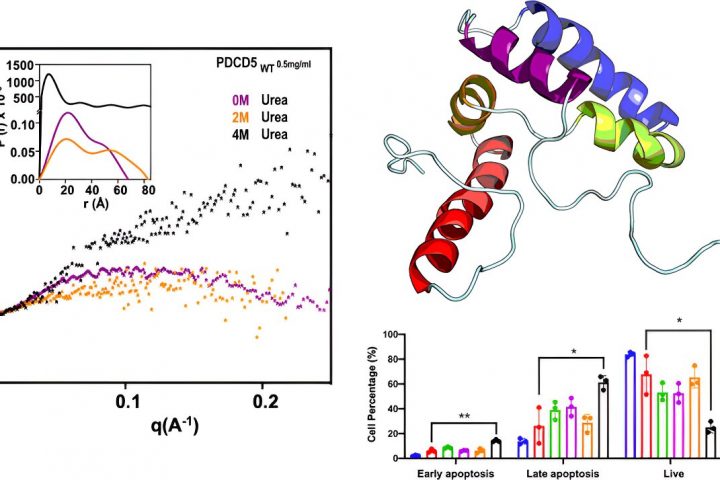Prepare to have your mind blown! A team of brilliant astrophysicists from the University of Bordeaux and Observatoire Astronomique de l’Université de Genève has just dropped a bombshell. They’re suggesting that some exoplanets might actually be suitable for life! Yes, you read that right. These planets may not have been scorching hot during their early years, meaning they could still have water in their atmospheres. This groundbreaking revelation, published in the prestigious journal Nature, challenges previous assumptions and opens up a whole new realm of possibilities.
Until now, the prevailing theory was that exoplanets orbiting close to red dwarfs and other stars were unlikely to support life. The reasoning behind this was that when these planets were young and their stars were hotter, any water released from their surfaces would evaporate into the atmosphere and eventually escape into space. However, the new theory challenges this notion and proposes a different scenario for these supposedly dry exoplanets.
According to this groundbreaking theory, some exoplanets in close proximity to red dwarfs, like the famous Trappist-1 star, may not have become as scorching hot as previously believed. This means that water could have been retained in their crusts during their formative years. The researchers further suggest that volcanic activity could have released this water into the atmosphere, which would later condense and form oceans as the planet cooled down.
So, what caused these exoplanets to be less hot than expected? The answer lies in heat radiation, a factor that previous theories failed to consider. By accounting for radiation effects, the researchers found that the exoplanets would not have been hot enough for as long as previously thought, increasing the chances of water retention in their crusts. This discovery has far-reaching implications, potentially requiring a reevaluation of our understanding of planet formation and even reopening the possibility of life on exoplanets that were previously dismissed.
This mind-blowing research not only challenges existing theories but also raises intriguing questions about the evolution of planets like Venus. It’s a game-changer that could revolutionize our understanding of the universe and the potential for life beyond our own planet. Brace yourself for a paradigm shift!








